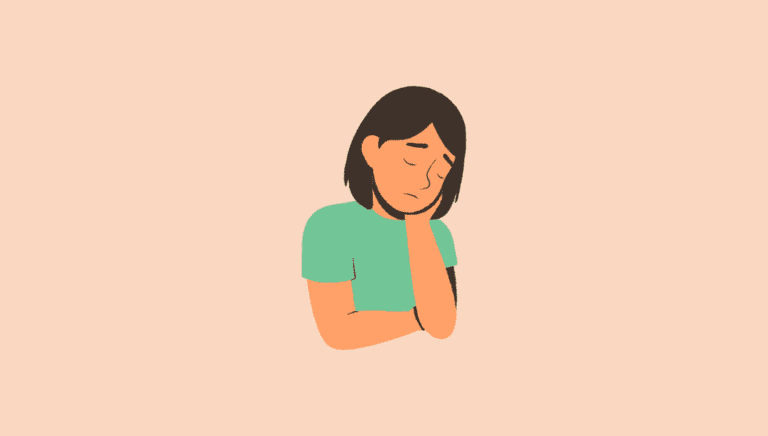Explore the world of sound colors in our latest article, where we uncover how pink, brown, and green noise can enhance relaxation, focus, and sleep.

Menu
Heartfelt insights on building trust and understanding in caregiving, weaving in practical tips and emotional wisdom.
Finding the perfect gift can be difficult. Finding the best gifts for older parents can seem nearly impossible. Hopefully this list can inspire you!
Find warmth and light in our guide on managing seasonal affective disorder, offering strategies and support for you and your loved ones during shorter days.
Discover heartfelt ways to celebrate the holidays with parents in assisted living, from virtual gatherings to personalized gifts. Make joy a priority, even from afar.
A heartfelt exploration of the challenges and lessons in caregiving, as Elena delves into the emotional journey of purging old belongings and building trust with loved ones.
Explore practical and compassionate guidance to effectively manage the holiday season with tips on balancing responsibilities, self-care, and creating inclusive traditions.
Discover joyful ways to include older loved ones in your Halloween celebrations, bridging the gap between generations for a memorable holiday.
Discover the essential early warning signs of credit card fraud and arm yourself with the knowledge to protect your finances in an increasingly digital world.
Discover effective strategies for siblings to equitably divide caregiving costs, fostering open communication and ensuring the best care for aging parents.













